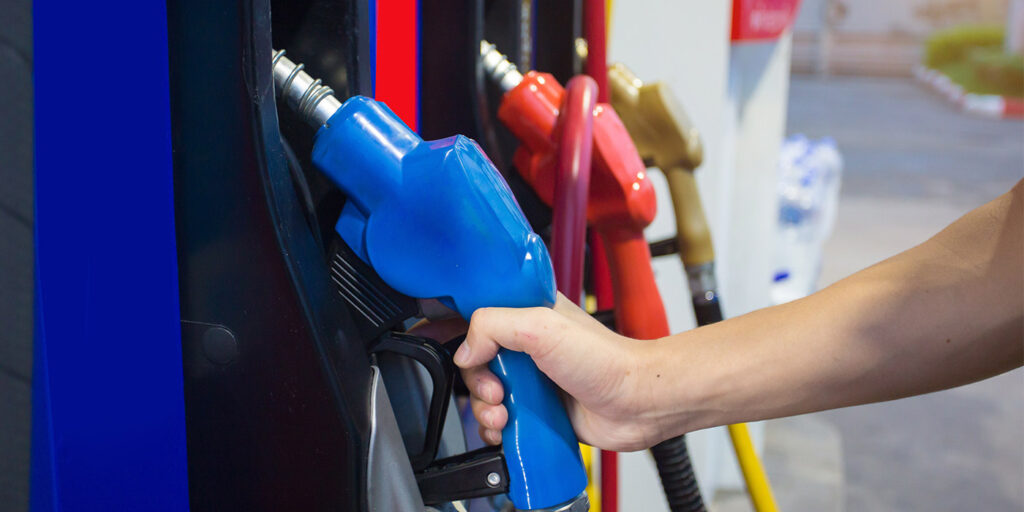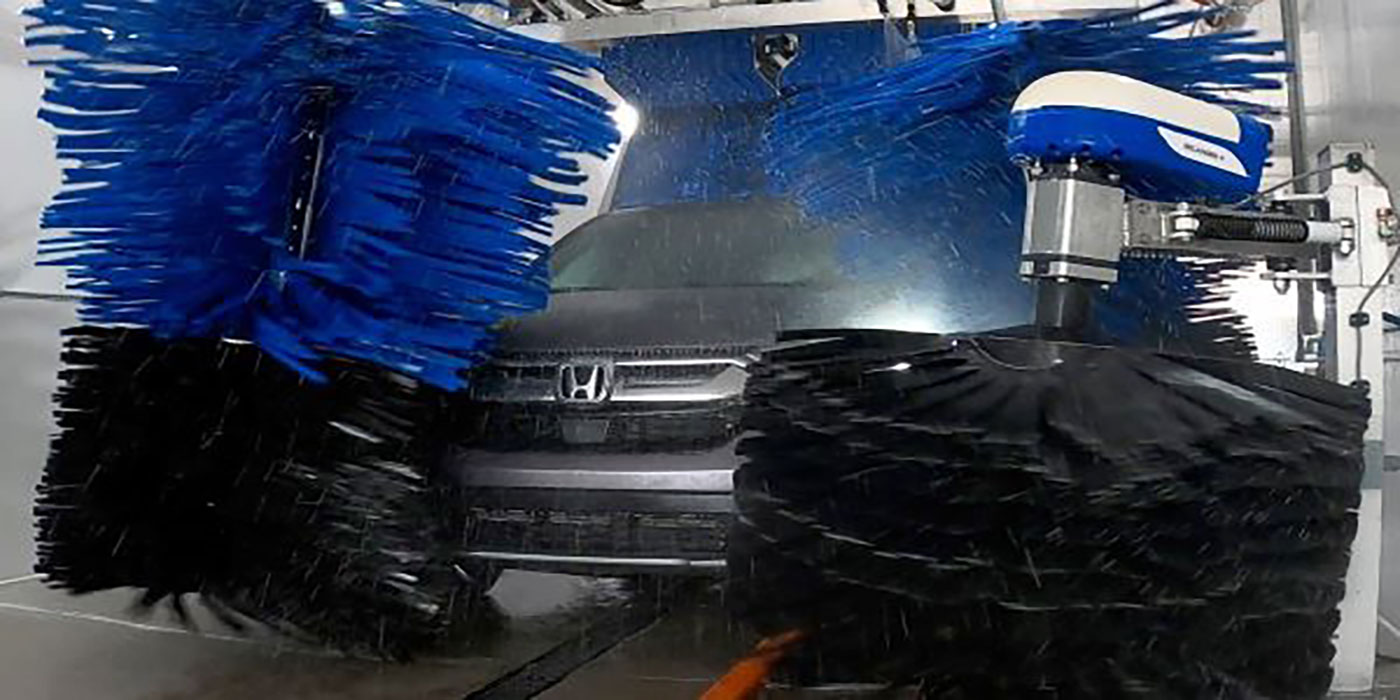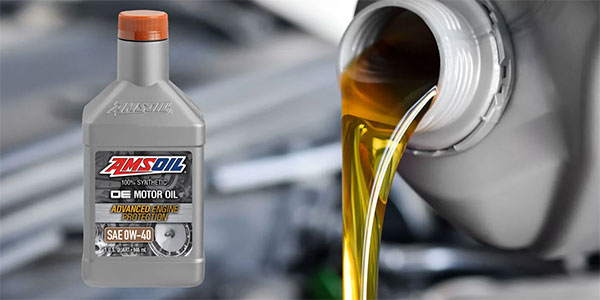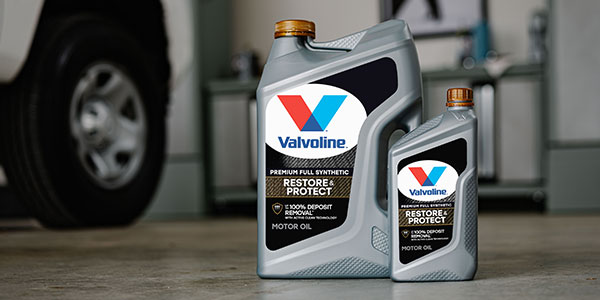Adding new services to your carwash is an excellent way to pull in more business. If you can meet multiple needs in the same location, you’ll be a more attractive option for customers. Offering oil and gas services does just that.
If you hope to make the most of these offerings, you should know how to promote them effectively. That relies on understanding what you offer and how it meets various customers’ needs. With that in mind, here’s a closer look at determining and promoting the quality of oil and gas services.
Synthetic vs. conventional oil
The biggest question surrounding oil changes is whether to use synthetic or conventional oil. Synthetic has become the most popular option, accounting for 57% of all oil changes in 2018.1 However, it’s not necessarily the best choice for every driver. Knowing the advantages and disadvantages of both types will help you work with customers to provide what they need.
Benefits of synthetic oil
The most significant benefit of synthetic oil is that it lasts longer. Some new cars can go up to 15,000 miles between oil changes when using it.2 This resistance to breakdown will also prevent friction and wear more effectively than conventional oil.
You’ll also find more consistent quality from synthetic lubricants. These options are more highly refined and often contain additives, so it’s easier for manufacturers to produce consistent results. Less-refined conventional oil’s efficacy can be less predictable, especially since it’s also more prone to accumulating sludge.
Synthetic oil is more resistant to extreme temperatures. It could also help cars produce fewer environmentally harmful emissions and improve fuel efficiency, thanks to less friction in the engine. However, the extent of these environmental benefits is minimal, so don’t make them your main selling point.
Benefits of conventional oil
Conventional oil doesn’t enable the same performance, but it still has some advantages. Most notably, it’s far less expensive. Conventional oil changes cost $38 on average, almost half as much as the average $70 synthetic oil change.3
Drivers that get regular oil changes may not notice a difference between the two either. Conventional oil doesn’t last as long and is more prone to contaminant buildup, but regular, timely oil changes take care of both those issues. Similarly, drivers likely won’t notice a substantial improvement in fuel economy after switching to synthetic oil.
Which should you choose?
Synthetic oil is generally better, but conventional oil can still be sufficient and is far more affordable. The best strategy for offering oil change services is likely to provide both. Different customers will have various needs and you should be able to meet them all.
Just as hand-polishing and detailing appeal more to luxury car owners, drivers who care more about their car’s performance will need synthetic oil.4 You may also want to promote the temperature benefits of synthetic oil if you have customers in cold areas, where conventional oil may thicken. Similarly, lean into synthetic options’ longevity to appeal to high-mileage vehicles or drivers who travel often.
Promote conventional oil to customers who are only concerned about affordability. Explain how it will not make a noticeable difference for the everyday driver, but if they want a little more protection, they can go with synthetic.
Standard vs. premium gas
Another service you may consider offering is fuel, where you encounter a similar question. Should drivers use standard or premium, high-octane gas? Just as with oil, the answer depends on the car and driver in question. You’ll likely offer both to meet more diverse needs, but understanding the differences helps promote them to their target markets.
Understanding octane ratings
The key to promoting different fuel grades is understanding what they mean. Octane rating indicates fuel’s ability to resist knocking during combustion, which results from premature detonations in the engine.5 The higher the octane rating, the less likely it will result in knocking.
Most standard gas in the U.S. comes with an octane rating of 87, though you can find fuel as low as 85 in some regions. Midgrade gas lands between 88 and 90, and premium fuel has an octane rating of 91 or higher.
What premium fuel does and doesn’t do
There are many misconceptions around premium fuel, so it’s helpful to know what it actually does to market it effectively. High-octane gas’s primary purpose is to reduce engine knock, which isn’t an issue in many modern cars but is important for motors with a high compression ratio.
Premium fuel doesn’t improve gas mileage, at least not noticeably. Using higher-octane versions won’t likely yield improvements beyond 0.7 miles per gallon, which won’t offset the cost of the gas itself.6
High-octane fuel does make a more noticeable difference in horsepower, especially in cars with more powerful engines. However, most of your customers probably don’t use their car’s horsepower to its full potential in their daily commute. Consequently, this jump may not make a difference.
Remember, premium fuel doesn’t boost engine performance so much as it allows motors to function as they should. It’s important to communicate that with customers to be transparent and honest and help them find the best fuel for their needs.
When to use premium gas
Most customers don’t need high-octane gas, but it is important for some. It’s best to use it if their car manufacturer recommends it. Using higher-grade fuel in a car that doesn’t need it won’t make a huge difference but using lower-grade gas in a vehicle that requires high octane will.
Turbocharged engines require premium fuel to work properly because of their increased cylinder pressure.7 Similarly, high-performance cars that must operate within strict tolerances should use high-octane gas. Higher pressures and less room for error make engine knock more likely, so lower-grade fuels could cause these engines to break down faster.
Lean on the affordability of standard fuel for customers without turbochargers or high-end sports cars. Promote how much they can save with lower-octane gas and reassure them that it won’t affect their engine’s performance.
Understand your products to promote them effectively
Customers appreciate expertise and honesty. You can serve them better if you know how and why different oil types and fuel grades can meet various needs. You’ll also know which kind to promote and which benefits to emphasize.
Promoting these benefits and matching customers to their needs will help you build a reputation for transparency and knowledge. More people will want to come to your business for all their car needs as a result.
Sources:
2https://modded.com/what-happens-if-you-dont-change-your-oil/
3https://newsroom.aaa.com/2017/06/aaa-spills-truth-oil-changes/
4https://www.usa-shade.com/resources/articles/ways-to-improve-your-car-wash-business
5https://www.fueleconomy.gov/feg/octane.shtml
6https://www.caranddriver.com/features/a28565486/honda-cr-v-vs-bmw-m5-ford-f-150-dodge-charger/
7https://www.thedrive.com/cars-101/36538/what-happens-when-you-put-regular-gas-in-a-premium-car
Oscar Collins is the founder and editor-in-chief of Modded, where he writes about cars, car trends and auto news. Follow him on Twitter @TModded for frequent updates on his work.














